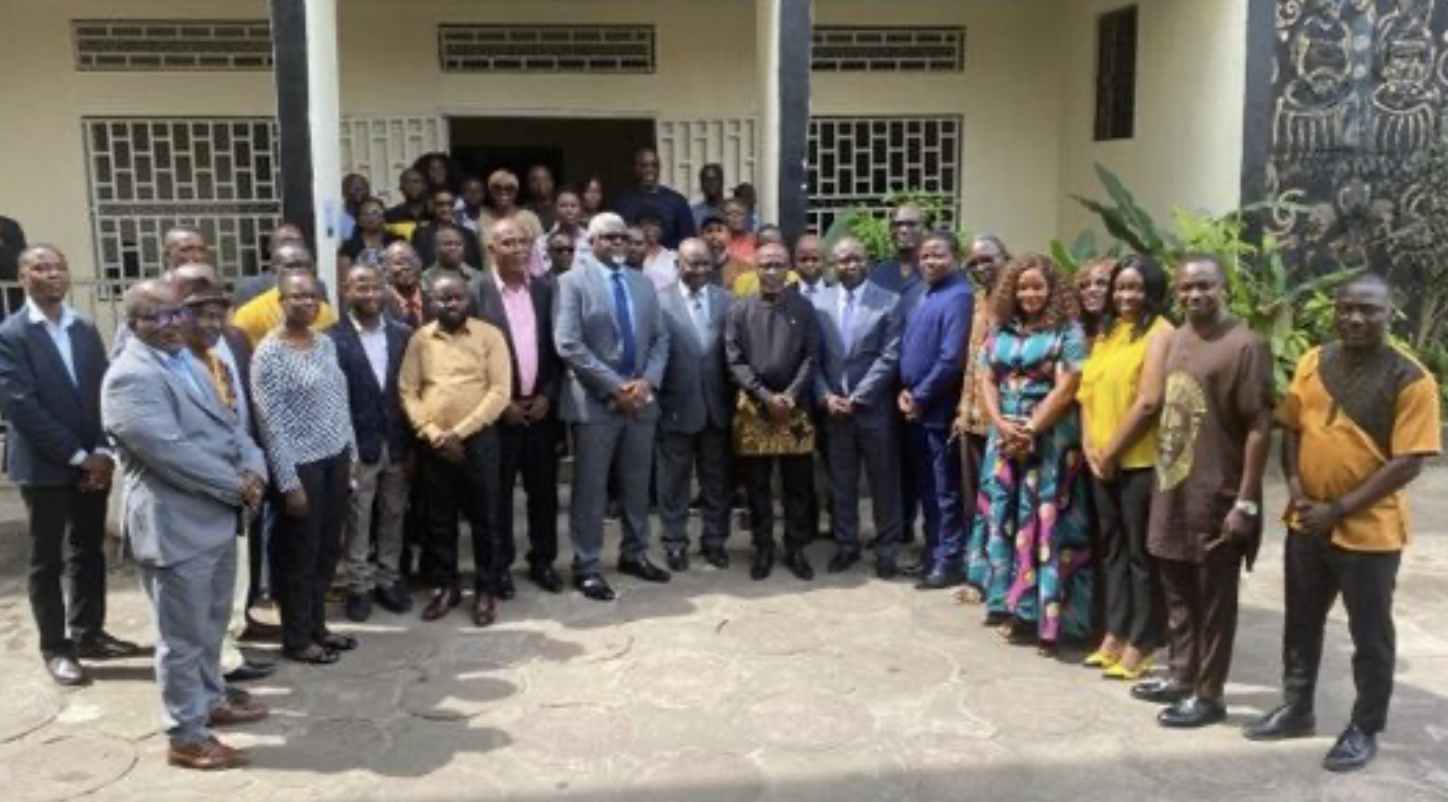The Ministry of Health in Liberia has launched a workshop to assess the financial sustainability of the health system, focusing on the Liberia Health Equity Fund and the Liberia Social Health Insurance Scheme, with insights from various stakeholders on the need for improved healthcare financing.
The Ministry of Health in Liberia has launched a week-long workshop aimed at assessing and validating the financial sustainability of the country’s healthcare system, specifically focusing on the Liberia Health Equity Fund (LHEF) and the Liberia Social Health Insurance Scheme. This event gathers policymakers, development partners, and government officials to evaluate the health financing policy and its long-term viability, underlining the commitment to universal health coverage.
In his opening remarks, Deputy Minister Malayah T. Chieyoe emphasized that a resilient healthcare system is fundamental to national development, stating, “A healthy population is the foundation of any development.” Scarlet Longsti from Partners in Health commended the government’s efforts toward universal health coverage, affirming continued support from her organization. Nathaniel Kwabo, Director of Cabinet, expressed that access to healthcare is a basic human right and highlighted the urgent need to address issues stemming from inadequate healthcare financing, which contributes to preventable deaths. Representative P. Mike Jurry committed support from the Legislature to secure funding for healthcare initiatives.
Assistant Minister George P. Jacobs outlined the purpose of validating the actuarial analysis for the LHEF and presented alarming statistics indicating a significant financing gap in Liberia’s health sector. He reported that out-of-pocket payments constitute 63% of healthcare spending, with an actual funding need exceeding $458 million while government and donor contributions fall short at $172 million. Jacobs pointed out critical challenges, including a shortage of skilled health workers, limited hospital capacity, and inadequate infrastructure. He called for urgent health financing reforms and innovative mechanisms to prevent the poverty that stems from high healthcare costs, stressing the lives of millions depend on these efforts.


